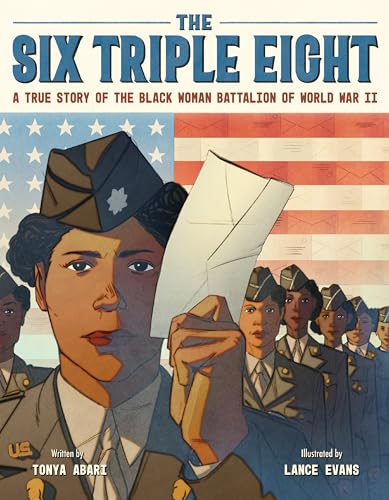
The Taste of War
by Elizabeth M. Collingham
"World War II and the Battle for Food"
Popularity
4.46 / 5
* A book's popularity is determined by how it compares to all other books on this website.
Where to buy?
Buy from Amazon* If you buy this book through the link above, we may receive a small commission at no extra cost to you.
The Taste of War by Elizabeth M. Collingham
Details
War:
World War II
Perspective:
Logistics
True Story:
Yes
Biography:
No
Page Count:
634
Published Date:
2012
ISBN13:
9781594203299
Description
Main Themes and Topics
The Taste of War by Elizabeth M. Collingham delves into the critical role that food played during World War II. The book reveals the staggering statistic that more than twenty million people died from starvation, malnutrition, and related diseases during this period. It provides a profound exploration of how the availability and scarcity of food influenced military strategies and the war's outcome. Collingham effectively highlights the direct link between food supply chains and the geopolitical dynamics of the time, showing how food was utilized as a weapon and leverage in the global conflict.
Writing Style and Tone
Elizabeth M. Collingham employs a meticulous and engaging narrative style that is both informative and accessible to readers. Her tone is scholarly yet approachable, striking a balance between detailed historical analysis and compelling storytelling. The book is thoroughly researched, drawing on a wide array of sources to construct a vivid picture of how integral food was to the war efforts of the various nations involved. Collingham's ability to interweave personal stories with broader historical themes makes the book not only an educational read but also an emotionally resonant one.
Brief Summary
The Taste of War offers a comprehensive overview of the pivotal role that food played in World War II. The narrative outlines how food shortages and strategic distribution had significant impacts on the war's progress. Through detailed accounts, the book explores the struggles faced by both military personnel and civilians due to food scarcity, and how nations used food as both a tool and a weapon in their war strategies. The complex interplay between agriculture, politics, and warfare is meticulously dissected, providing a fresh perspective on an often-overlooked aspect of the war.









